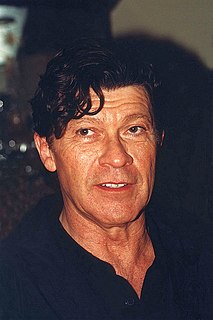A Quote by Henry Giroux
Young people live in a society in which every institution becomes an "inspection regime" - recording, watching, gathering information and storing data.
Related Quotes
The normal way of gathering information is through sound: when you hear information that you want to gather, you look in its direction, you see what it is, if you choose you can get closer, you can see it, you can touch, and then, finally, the most committed form of data gathering is to taste it and eat it. But for the urbanite, we're cut off from our primary sense, and I want to stress that - our primary sense of gathering information about the place that we're living in - and instead, we're in a war zone.
While I was there, I was just gathering images and names, and ideas and rhythms, and I was storing all of these things - which I didn't realize I was doing - but I was storing them all in an attic in my mind somewhere. And when it was time to sit down and write songs, when I reached into the attic to see what I was gonna write about, that's what was there.
Data isn't information. ... Information, unlike data, is useful. While there's a gulf between data and information, there's a wide ocean between information and knowledge. What turns the gears in our brains isn't information, but ideas, inventions, and inspiration. Knowledge-not information-implies understanding. And beyond knowledge lies what we should be seeking: wisdom.
As we move into an era in which personal devices are seen as proxies for public needs, we run the risk that already-existing inequities will be further entrenched. Thus, with every big data set, we need to ask which people are excluded. Which places are less visible? What happens if you live in the shadow of big data sets?
It may be that by watching everywhere we go, by watching everything we do, by analyzing every word we say, by waiting and passing judgment over every association we make and every person we love, that we could uncover a terrorist plot, or we could discover more criminals. But is that the kind of society we want to live in?
There is so much information that our ability to focus on any piece of it is interrupted by other information, so that we bathe in information but hardly absorb or analyse it. Data are interrupted by other data before we've thought about the first round, and contemplating three streams of data at once may be a way to think about none of them.


































